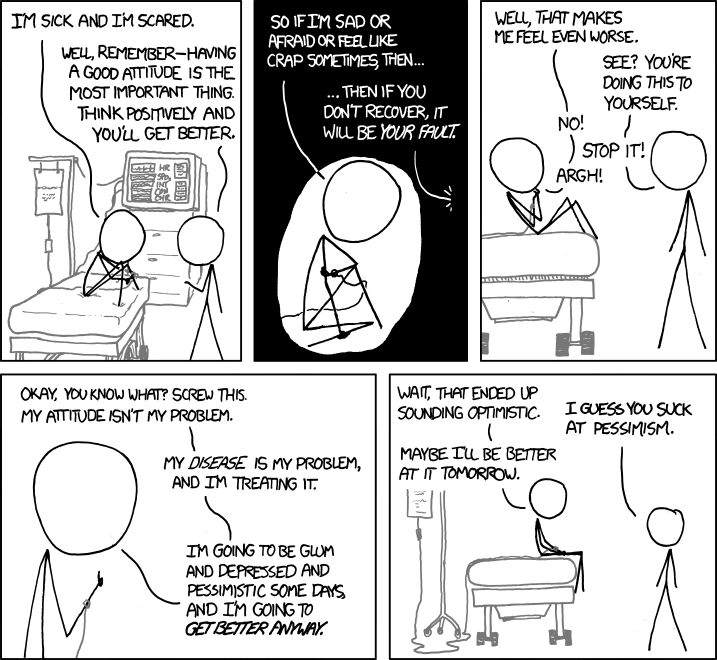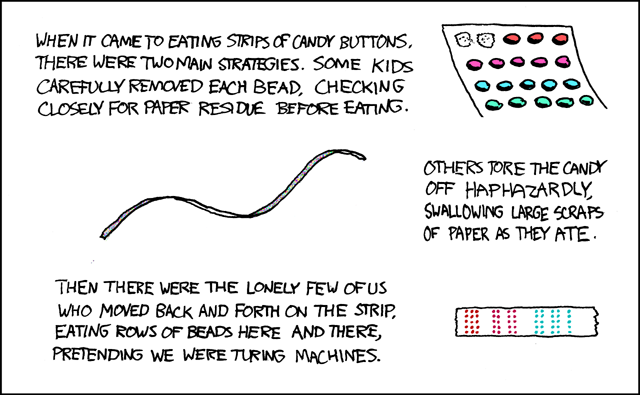1. In high school everyone noticed something was wrong with me. I was in denial, thinking nothing was wrong because I felt completely healthy. When I went to the doctor's though and my mom asked about the matter, he transferred me to several other clinics to get scans taken, and then I learned the truth. I had an ovarian cyst, with a height of 7 inches, a width of 3 inches, and a depth of 2 inches, to be exact. What had baffled the doctor was how I didn't feel pain. With a tumor that large, surely I'd feel something. What had baffled me was how the doctor couldn't detect anything the moment he realized my stomach was disproportionate to the rest of my body. If he had noticed, why hadn't he referred me to get scans earlier? If he had assumed I was pregnant at the age of 15 (with said non-existing baby incubating for a couple years then), why didn't he at least confront me with his concerns? What was he so afraid of? What are the causes of ovarian cyst, or rather, what allowed the cyst grow to such lengths? If a cyst that great of a size had burst, would it be fatal? An academic audience for this topic would be gynecologists, family doctors, other women with ovarian cysts, or researchers studying tumors. My ovary and cyst were eventually sent to NIH, and I often wonder what happened after that.
2. On the rare occasion that I become sleep deprived, I experience an event (sensation? disease? condition?) called sleep paralysis, in which the body "paralyzes" for REM sleep, but the mind is fully aware of one's surroundings and then hallucinations occur. These hallucinations are usually terrifying, and I find myself unable to move the body, but I can "see" the room clearly and "hear" what goes on in the room. I always feel like I'm in danger, sometimes lying on a surgical table or just seeing silhouettes of random figures hovering above me as if they were studying me. Sometimes I see faint ghosts darting around the room, or I hear mythical creatures cackling as they speedily tap around my bed. I've learned when these hallucinations are about to occur, which is when I'm lying on my back right before I fall asleep, so I can forcefully wake myself up and reposition my body so the hallucinations don't occur. What I'd like to know is exactly what causes it, or if there are multiple factors that influence sleep paralysis. I know that there are people that strongly believe alien abductions or ghost encounters occur during sleep paralysis, so what other beliefs are there among different cultures? Is sleep paralysis simply just a nightmare? This topic would be directed towards psychologists studying sleep or those interested in cultural studies.
3. Last year my dad experienced a brain aneurysm, which is when an artery in the brain bursts. It led to multiple brain strokes, which increased his blood pressure, intracranial pressure, brain damage, as well as his risk of dying. Currently he's in a coma. I'd like to say that I know for sure he's in a coma, but it's completely uncertain since the brain damage is so large. But the only symptom we knew of before the artery burst was his prolonged headache. He said that it felt like there was a hammer banging inside his head. Are there any other symptoms that could possibly predict a brain aneurysm will occur? Can it be prevented if an individual goes in for screening every now and then? What created this balloon in his artery in the first place -- stress? As a coma patient, are there any "techniques" that can stimulate a response from a brain that has been damaged to such an extent? Other than regular physical therapy, are there any other ways to maintain the flexibility within the joints of a coma patient? I've noticed my dad losing white hairs over time, but lately his white hairs' existence seem to have an odd cycle, what do coma patients experience? Is it possible to feel stressed in a coma? An academic audience would be neurologists, those involved with long term care patients, physical therapists, doctors, or those that have woken up from a coma.






